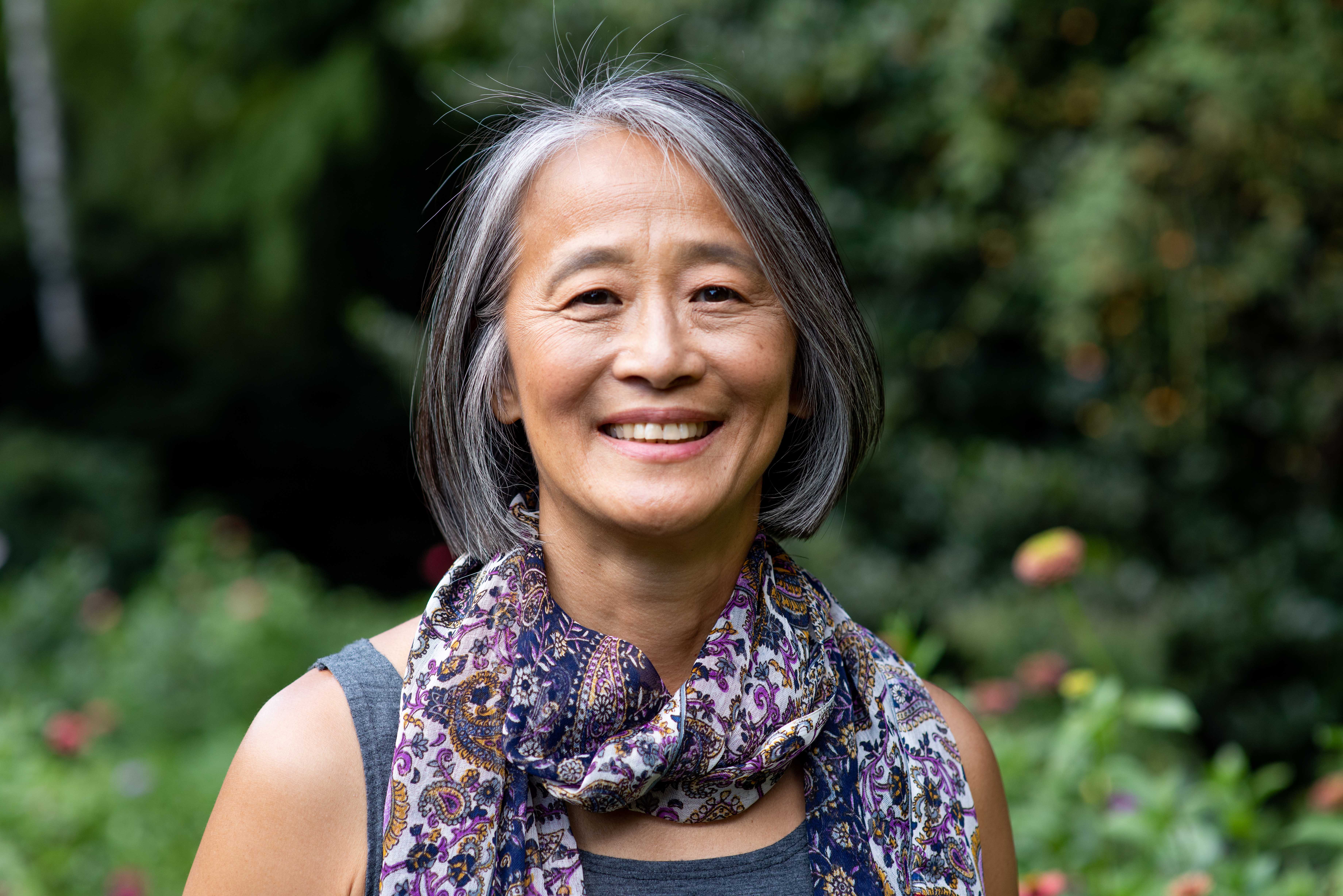Affirming Life at the End of Life
-
-
MIT Technology Review
- 1
Filed Under
Recommended

“People have a lot of fear talking about death in Western society, so we don’t really address it,” says Virginia Chang ’85, who helps those approaching their final days—along with their families—in her work as an end-of-life doula. But as the Covid-19 pandemic has claimed hundreds of thousands of lives in the US alone, she sees that changing. “I think Covid-19 has helped us to be more open to the conversation and has pushed people to think about preparing early,” she says. “The earlier you prepare, the more you can have control over how that process will occur and have the opportunity to make it full of meaning, positive, and life-affirming.”
Just as a birth doula’s role is to help laboring mothers, an end-of-life doula is present to offer support. “We just do it at the other end of the spectrum of life,” explains Chang, whose services include advising on advanced care directives, doing life review and legacy work, facilitating unresolved family issues, planning vigils, guiding meditations, and simply providing companionship. “We are there for whatever your wishes and desires are. I think it can also be a celebration of a life.”
Chang majored in chemistry at MIT and earned a master’s and PhD at Stanford in organic chemistry. She worked as a research scientist specializing in new drug design and later became an expert on chemical contamination in the environment. Four years ago, she switched to her new profession after struggling to cope with the deaths of three people very close to her in just seven months. “I was unprepared for it,” she says. “I mean, one death can be traumatic, but I never even had time to recover from one death, and then the second death occurred, and then the third.” Soon afterward, she learned that end-of-life doulas often help people in such situations. “If somebody had been there for me, to support me, to educate me, to inform me, just be with me, it could have changed the whole experience,” she reflects.
Chang trained at the University of Vermont Larner College of Medicine, the International End of Life Doula Association, and the Visiting Nurse Service of New York before starting her own practice, Till the Last, in New York City. She worked in private homes and hospice care before the pandemic but has shifted mostly to virtual consultations and delivering online talks to educate the public about end-of-life issues.
“This work has brought me such profound experiences,” she says. “Such satisfaction with living life and connecting with other human beings in a way that I never have before.”
This article also appears in the March/April 2021 issue of MIT News magazine, published by MIT Technology Review.








Comments
Stanley Kozubek
Tue, 03/02/2021 10:39pm
Doula
Very meaningful and significant work, Virginia. Thank you for sharing. I also saw the good work of hospice during my mother's passing.